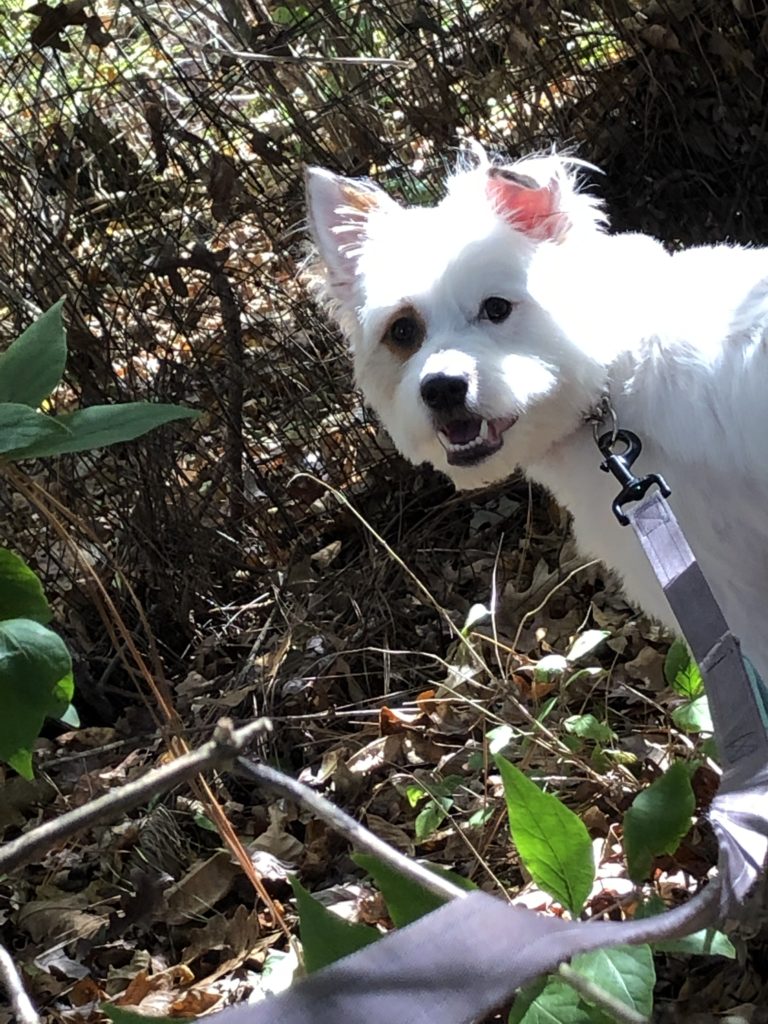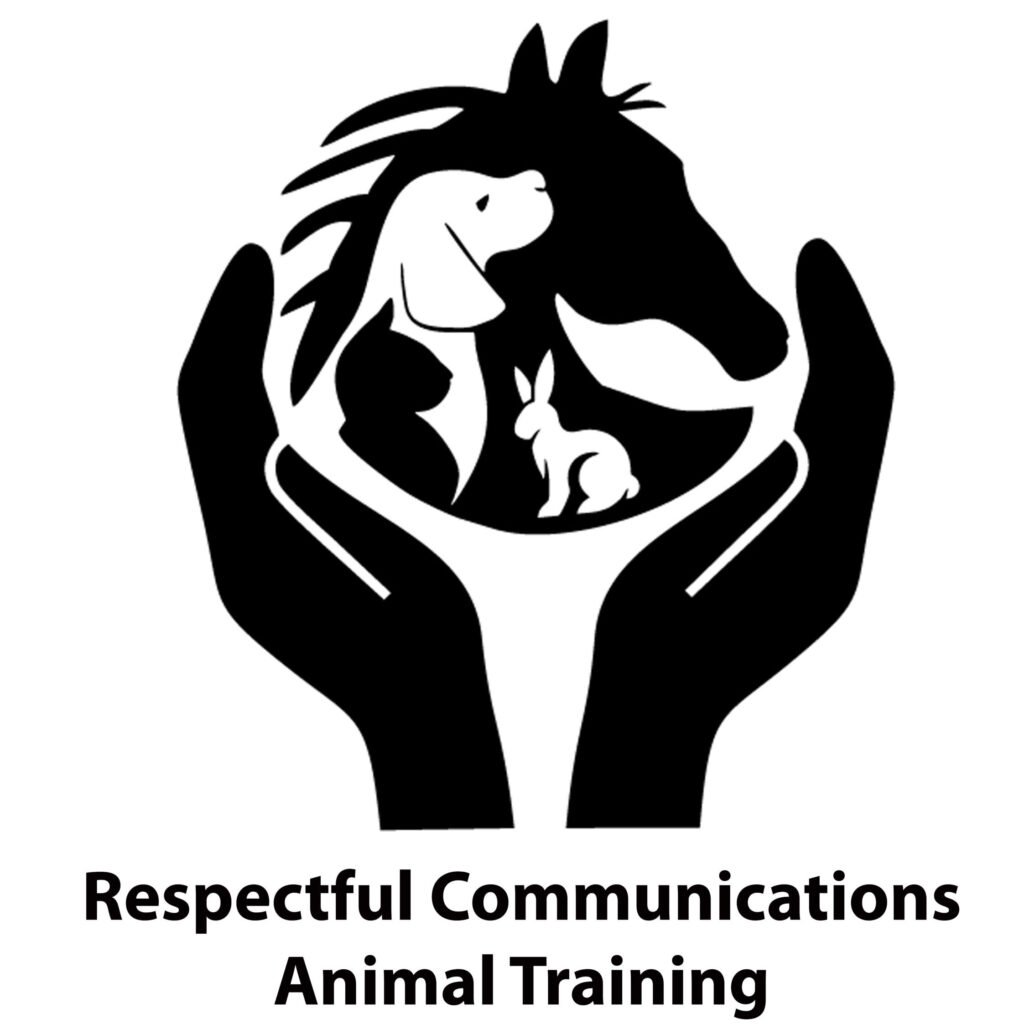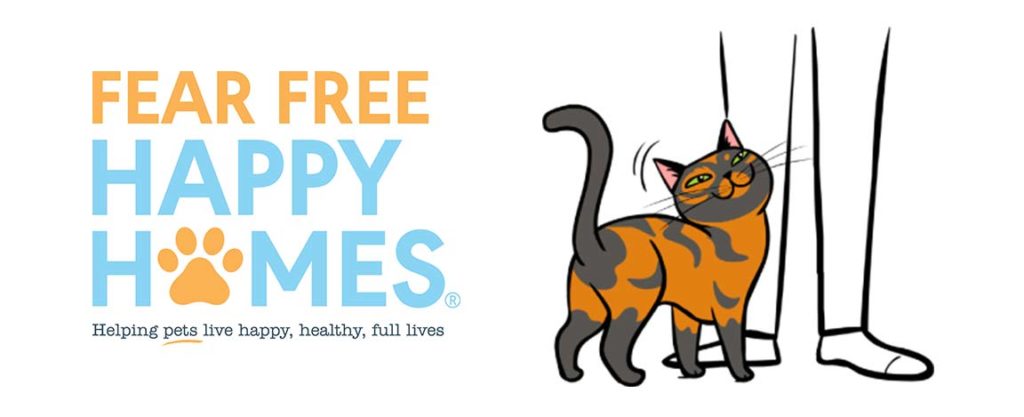So you’re thinking about getting some training for your dog…
Whether you’ve thought about it or not, our pets depend on us for just about everything. When they live in our homes, they rely on us to make sure they have everything they need for their physical and mental wellbeing. They also count on us to help them safely explore the world around them and to figure out how to communicate with us. That’s where training becomes so important!

Just like us, animals are sentient beings who experience feelings such as pain, fear, and even emotional distress. Over the last century, our understanding of how both humans and animals learn has grown so much, yet some dog trainers and educators haven’t fully embraced these advances. I recently came across a great Edutopia article called “Brain-Based Learning – Bringing the Science of Learning Into Classrooms,” which highlights the same science-backed ideas about learning that hold true for animals as well. Whether we’re talking about people or pets, the basics of how we learn are remarkably similar. One key takeaway is that when anyone—human or animal—is put into “fight or flight” mode by stress at home or by the way they’re being taught, it can actually rewire the brain over time. As the article explains, this can make aggressive or anxious reactions more common, while making it harder to think, reason, and remember. In short, learning is limited, and sometimes, these stressful methods can accidentally teach behaviors meant to protect from stress—like aggression. Unfortunately, traditional dog training and so-called “balanced training” (which still uses some old, more forceful techniques) can lead to these same issues for our dogs.
The best way to teach is to make learning easy—free from fear, stress, or intimidation. When students feel comfortable and supported, they’re much more open to learning and are likely to remember more of what they’ve learned. On the other hand, if learning feels scary or stressful due to traditional, compulsion-based teaching methods, students may be less interested, less attentive, and less engaged.
Positive reinforcement (“R+”) trainers aim to make learning enjoyable for everyone involved. Fear Free® and Low Stress Handling® professionals go the extra mile by paying close attention to animal body language and listening to the animal during training or cooperative care. This helps keep stress levels low, so animals feel safe and comfortable. To keep things as stress-free as possible, we avoid using aversive training tools like prong, choke, or shock collars, which can make animals feel scared or threatened. We also use minimal restraint when working with animals in a veterinary setting. As a result, animals are more willing to cooperate, learn new skills more easily, and everyone—humans and animals alike—can have a more positive experience.
Just like people, every animal is unique in how they learn and what they can do. When creating a training plan, thoughtful professionals consider things like age, brain development, learning style, past skills, physical abilities, personality, temperament, motivation, and life experiences. (Think of it like school—elementary, middle, high school, and college!) You wouldn’t expect a five-year-old to jump right into college without first building a strong foundation in elementary school. While each dog’s training plan is tailored to their individual needs, the science-based, force-free approach we use always follows the trusted guidelines of the American Veterinary Society of Animal Behavior. Following these recommendations, and the Code of Ethics we uphold in our professional organizations, we use only reward-based methods to help every dog learn happily and successfully.

At Respectful Communications, we believe in treating every student—human or animal—with genuine kindness and understanding. Our approach is grounded in the science of behaviorism, and we provide each learner with the same respect and compassion we’d want for ourselves or our families. As positive reinforcement professionals, we steer clear of harsh “corrections” or punishment-based methods. Instead, we focus on teaching your pet what you’d like them to do, using food, toys, and life’s little rewards to encourage great behavior. We also thoughtfully manage your home environment to help prevent unwanted behaviors and teach new, positive habits that suit your lifestyle. Unlike “balanced trainers,” our methods never involve choke, prong, or e-collars—or anything that could make your pet uncomfortable. Our goal is always to help your furry companions learn in a safe, gentle, and supportive way.
You may also notice that positive reinforcement training doesn’t rely on a “pack leader” mentality. This is because the old alpha wolf theories have been debunked, and it’s not possible to be the pack leader of a different species. Dogs aren’t trying to dominate the world—they just speak a different language! It’s similar to visiting another country and not understanding the language; communication can be tricky at first. Positive reinforcement trainers help bridge that gap by showing both pets and their guardians how to understand and communicate with each other.
We believe in building a positive and respectful relationship with your animal, rather than forcing them to “obey.” Together, we’ll develop a friendly dialogue using verbal cues, visual cues (like hand signals), and even scent cues—especially helpful for blind or deaf dogs. When you watch us teach, you’ll notice it’s much like actors following simple cues in a play (think “action” or “cut”) or the hand signals shared between an umpire and catcher in a baseball game. Communication is a two-way street, never forced, and always based on mutual respect. Our goal is to help you and your pet become happy, confident partners who truly understand each other and enjoy every moment together—without fear, force, or intimidation. And remember, smiles are contagious! When we smile, our pets feel it too, and that joyful connection is what makes learning so much fun.



Let us help you change those frustrating behaviors and restart your dog on the right path!

Call us: 678-809-DOGS (3647)
Currently serving Pickens, Gilmer, and Cherokee Counties, including the communities of Blaine, Hinton, Jasper, Marble Hill, Nelson, Tate, Talking Rock, Ellijay, Ball Ground, Canton, Holly Springs, Waleska, and Woodstock


